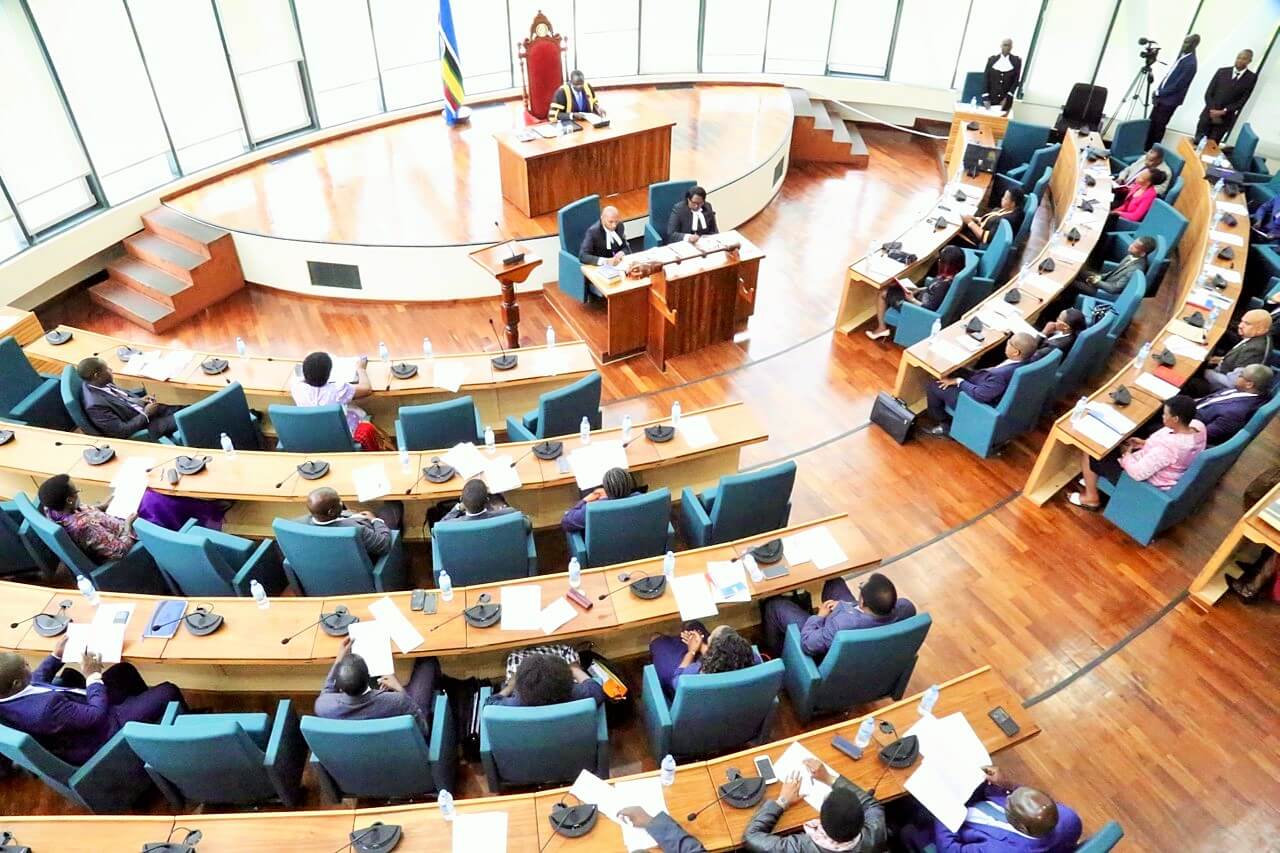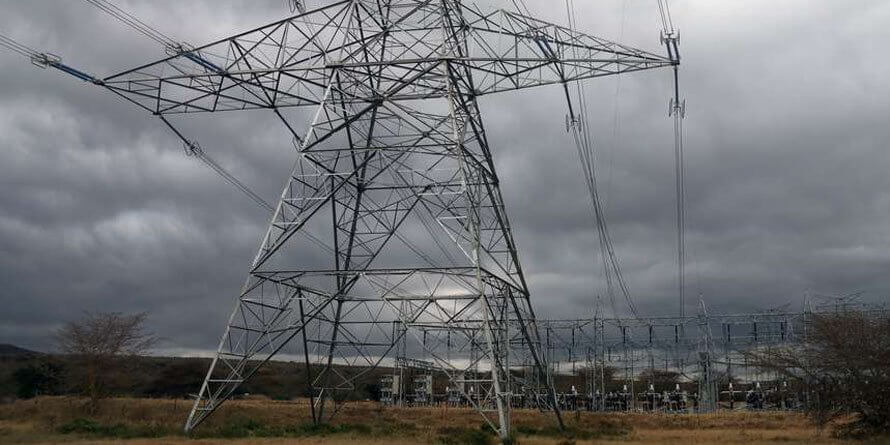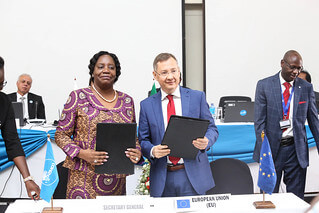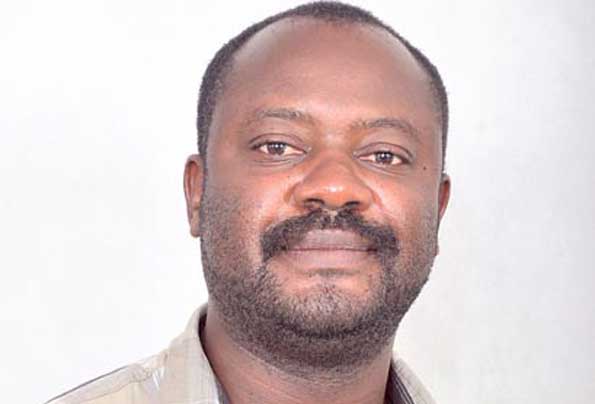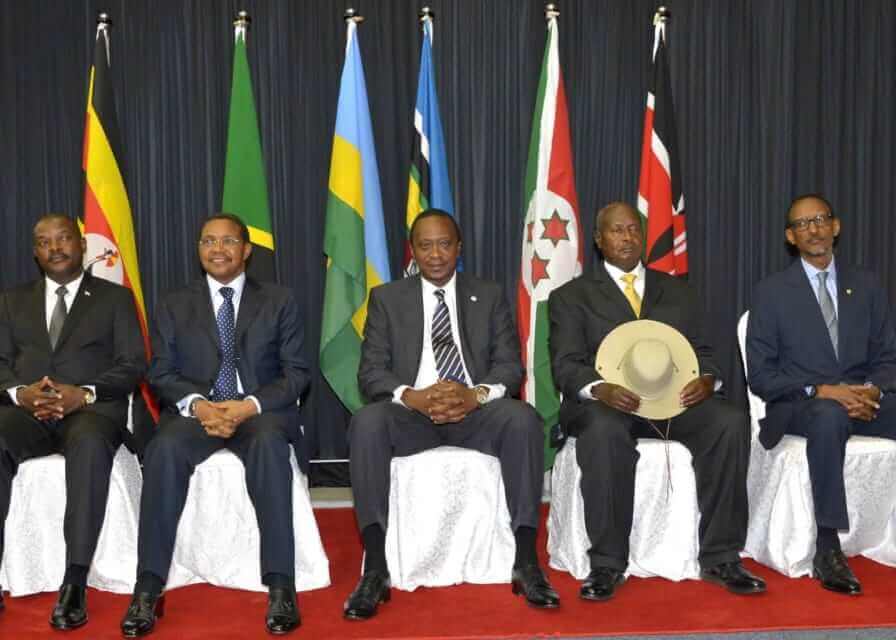Africa made history this year as the agreement establishing the African Continental Free Trade Area (AfCFTA) officially entered into force. As trading under the AfCFTA starts on July 1, 2020, with a market of over a billion people and income of about $3 trillion, the big question is whether the new free trade area will lead to one big African market. Already, the AfCFTA has energised the continent by positioning regional integration front and centre. By requiring member states to remove tariffs from 90 per cent of goods, the agreement is expected to boost trade among African countries from its low level of 16 per cent. The Economic Commission for Africa estimates likely trade effects of over 50 per cent. Yet, lowering tariffs further will not be the magic bullet. Overcoming non-tariff barriers is key. Here are factors to facilitate one big African market. Regional Economic Communities (RECs): Africa’s regions have many RECs with overlapping memberships, including the Common Market for Eastern and Southern Africa and the East African Community. These RECs are at different stages of integration. The AfCFTA aimed to consolidate them into one entity. That did not happen. AfCFTA’s Article 19(2) states that “members of a regional economic community that have attained higher levels of regional integration than under the AfCFTA, shall maintain such higher levels among themselves”. This provision mandates trade liberalisation to follow different paths, not one single market. The signatories recognise the problem of many overlapping RECs. At their July summit meeting, they asked...
ORDU: Remove non-tariff barriers, overlapping blocs for a prosperous African market
Posted on: January 13, 2020
Posted on: January 13, 2020




